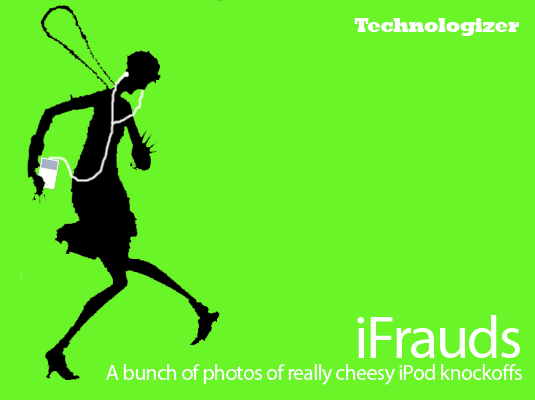![]() Tomorrow, Yahoo will embrace all sorts of third-party widgets at its Yahoo Music pages, allowing visitors to create their own layouts of videos, listening stations and online stores.
Tomorrow, Yahoo will embrace all sorts of third-party widgets at its Yahoo Music pages, allowing visitors to create their own layouts of videos, listening stations and online stores.
The relaunched Yahoo Music intends to become a “starting point for music fans,” according to the press release. The logic goes that curiosity or love for a recording artist will compel you to visit the artist’s page on Yahoo Music, which acts as a content hub. Widgets, or “modules,” can be added, removed or moved around the page for each individual viewer, allowing you to nix iTunes if Amazon is your preference and dump Pandora if you prefer Last.fm. There are modules for YouTube and Rhapsody as well.
Yahoo Music currently hosts 500,000 artist pages, but down the line, the company wants to open artist page creation for any musician or record label. That sounds like an ambitious undertaking, but it could work well for indie bands with enough devotees. A spokeswoman tells me that other modules will follow, such as online merch shops. CNet says this is all part of the company’s “Open” strategy of adding third-party features to its existing Web services.
I poked around the old Yahoo Music site today, and actually enjoyed its current form. The listening limit on the embedded Rhapsody links are a downer, but otherwise the site was clean and easy to navigate. Hopefully, the addition of extra modules won’t clutter the screen or grind down on my poor little netbook.
My other concern is remembering to visit when my first instinct for any curiosity is to plug a search into Firefox’s Google toolbar. Yahoo searchers will find the stuff easily, but it’d be really great if Yahoo Music could get enough Google juice to land on the front page of those Web searches, above or near Wikipedia. That would probably be too friendly.

 The music industry is notoriously slow on the Internet uptake. To drive that point home even further, EMI Australia’s new blog, “
The music industry is notoriously slow on the Internet uptake. To drive that point home even further, EMI Australia’s new blog, “ Podcasting News’s Elisabeth Lewin notes an interesting tidbit in
Podcasting News’s Elisabeth Lewin notes an interesting tidbit in  It might or might be announced this morning at
It might or might be announced this morning at  Last week, for reasons too complicated to explain here, I wandered into a “liquidation sale” near my home. I didn’t find what I was looking for. But I encountered a bevy of bizarre music players that tried, with varying levels of energy and success, to look like Apple iPods. I snapped photos, and bought a freaky “iPlay.” If you’ve got a strong stomach, check out my report on all this, which I’m calling “iFrauds.”
Last week, for reasons too complicated to explain here, I wandered into a “liquidation sale” near my home. I didn’t find what I was looking for. But I encountered a bevy of bizarre music players that tried, with varying levels of energy and success, to look like Apple iPods. I snapped photos, and bought a freaky “iPlay.” If you’ve got a strong stomach, check out my report on all this, which I’m calling “iFrauds.”
 Over at All Things Digital, Peter Kafka
Over at All Things Digital, Peter Kafka